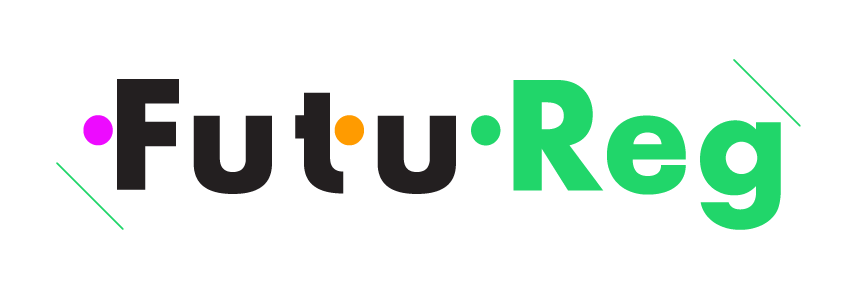In the digital age, when information is abundant and online content is growing rapidly, media and digital literacy play a key role. These skills enable people to identify and interpret information, distinguish authentic from fake sources, and think critically about media reports. In the name of media literacy, our Digit4All project raises awareness of these issues as well. Efforts to create and develop such awareness also include media literacy training with two great speakers, Vajko Pomichal on May 15 and Anna Viola Hornyiková on May 22.
In the first part of the Media Literacy Training on May 15, the well-known media literacy expert and speaker Vajk Pomichal spoke about the problem of fake news and the importance of digital literacy. With his impressive expertise and insightful approach, he pointed out that fake news and misinformation are not a new phenomenon, but in the age of the Internet they can spread quickly and influence public opinion. During the presentation, Vajk shared with the participants key techniques for identifying and monitoring fake news. Then Vajk introduced some computer games and tools of the modern world for the sake of interest, which also relate to the topic of fake news. In the second part of the media literacy training on May 22, Anna Viola Hornyik gave a presentation on the emergence of fake news. Anna spoke passionately about the fact that fake news is not just the result of simple manipulation, but has deep roots in social and technological processes. She detailed the importance of verifying sources and context and provided helpful tips on how to identify reliable sources of information. At the same time, she urged the audience to develop their critical thinking and not blindly accept everything they read on the Internet.




